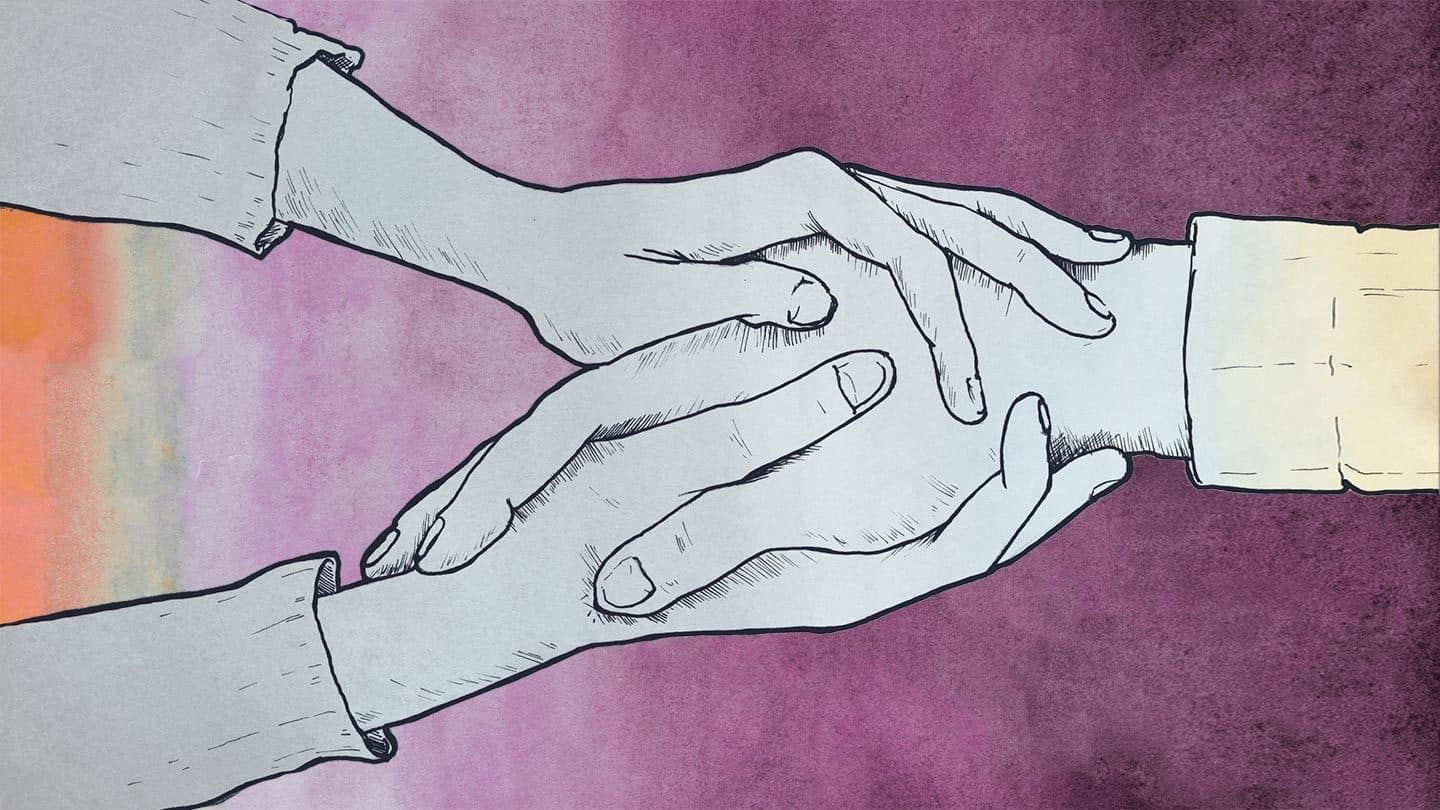In 2016, the number of people estimated to be suffering from mental health issues like depression and anxiety amounted to roughly 1.1 billion. Since then, numbers have likely continued to rise. Moreover, studies have also shown women especially on average are a) more likely to suffer from mental health issues, and b) less likely to talk about them. The taboo in Pakistan surrounding depression and anxiety disorders only serve to aggravate the individuals suffering even more. For the women who cannot seek out full time therapy, we’ve enlisted the help of a trained therapist. You sent us in your questions – here are the answers!

“A male friend has confided in me that he is suffering from major anxiety and is currently seeking advice from a doctor. He has shared this news with me and me only. The doctor has prescribed him with antidepressants too. As a friend, how can I help and support him? I am worried about him. He’s always feeling low, losing weight and not sleeping well. I am trying to understand him but this is all new to me because I am fortunate enough to not experience this.”

Shahrukh’s Response:
Dear Anon,
It can be really tough to see someone you care about struggling. As a friend or a loved one, there is a role you can play in being a support system. It’s important to recognize what to do and what not to do when it comes to someone who has anxiety. Let’s dive in and see how you can support your friend through this difficult time, while also staying mindful of your needs.
Educate Yourself About Anxiety
First and foremost, it’s important to understand what anxiety is and how it works. Check in with your friend and find out a little bit more about what kind of anxiety he might have, as it tends to come in several forms: Generalized Anxiety Disorder, Social Anxiety Disorder and Panic Disorder. Learning more about the type of anxiety, can be a great insight as to how their anxiety functions.
It would also help to learn about some of the ways that anxiety manifests itself. It can come in the form of restlessness, overthinking, shortness of breath, fidgeting etc. In extreme cases of anxiety, which can be extremely overwhelming and a person may even experience sleep issues, digestive problems, feelings of sadness and extreme fatigue. Check in with your friend and see what he’s experiencing.
Create A Safe Space For Them
When it comes to being an effective support system, it’s essential to create as safe of a space for your friend/loved one as possible. Assure them that they can confide in you when they feel anxious, and that you will be there for them.
Some of the things that they’re experiencing might not be something that you can relate to or understand, and that’s okay. All you need to do is validate what they’re experiencing. You don’t need to say much, but here are some things you could say or ask:
- What you’re experiencing sounds really difficult.
- I’m here for you.
- We’ll get through this together.
- What do you need right now?
- How can I help?

Encourage Them To Engage In Helpful Activities
Those suffering from anxiety generally work with a professional to help them work through their anxiety. Alongside this work, they are also encouraged to find activities that would help alleviate their symptoms. These activities include but are not limited to:
- Exercise: this can be in the form of walking, running, yoga, dance, kickboxing and so on. The more movement the better. It also helps tire out the body for better sleep at night.
- Diet: nourishing the body is an important part of anxiety management. The inclusion of fruits, vegetables, nuts, healthy proteins, carbs, fats and vitamins is essential for the production of neurotransmitters like serotonin and dopamine. This will also help with giving the body more energy to operate during the day.
- Limit caffeine and alcohol intake: both caffeine and alcohol can aggravate physical manifestations of anxiety, so it helps to stay mindful of the amount of intake. Maybe switching to a nice, hot cup of herbal tea instead.
- Mindfulness and Breath Work: mindfulness is the concept of bringing awareness to yourself in the present and accepting yourself as you are. Alongside this, it also helps to take some deep breaths and keeping your breath as steady as possible. Some apps that you can use for mindfulness and meditation are: Headspace, Calm, Aura and NowChayn (local).
- Managing troubling thoughts: one of the symptoms of anxiety can be overthinking and negative thinking patterns. While there might not be much you can do in terms of changing this pattern completely, you can offer them support by listening, validating and helping them work through what’s happening in their mind. Maybe even helping them take steps to resolve what they’re worried about.
Avoid Rescuing/Enabling Them
As a friend, you would want to be able to help someone you deeply care about. However, it’s important to know the line of being a support and being an enabler. In order for someone to get through their anxiety, they will need to face some painful situations in order to get to a more grounded place. Sometimes you may start speaking on their behalf or try to solve their problems for them. While the actions are coming from a place of extreme care, it probably isn’t helping them in the long run. Let them operate the way that they’re meant to, and just be there to witness, and catch them if they fall. This can often be challenging and uncomfortable, and that’s completely okay. Just remember that you’re doing this for their own good.
Take Care Of Yourself
Playing the role of support can take its toll on anyone emotionally. If there comes a time where you need to take a step back and take care of yourself, do that. If your friend reaches out and you aren’t able to hold space for them, you can even simply say:
“Hi, I really want to be here for you right now – I’m just going through something and I need some time to take care of myself. Just know that I’m thinking of you and that I love you.”
Anon, while it’s great to be a support, you also need to know that there’s only so much you can do. At the end, the choice lies with your friend in terms of whether they want to seek help or not. All you can really do is be there for them and support them within your capacity. I hope that this article was helpful to you, and I hope your friend is able to find the grounding and support that he needs. Take care of yourself during this time. Good luck and stay in your power

The above article is written by Shahrukh Shahbaz Malik who is trained in humanistic integrative counselling at CPDD in the UK and currently has her own private practice in Karachi. The views expressed in this article are those of one expert. They do not necessarily represent the views of Mashion, nor do they represent the complete picture of the topic at hand. This article is for informational purposes only and is not a substitute for medical diagnosis, treatment or therapy.









What do you think?
You must be logged in to post a comment.